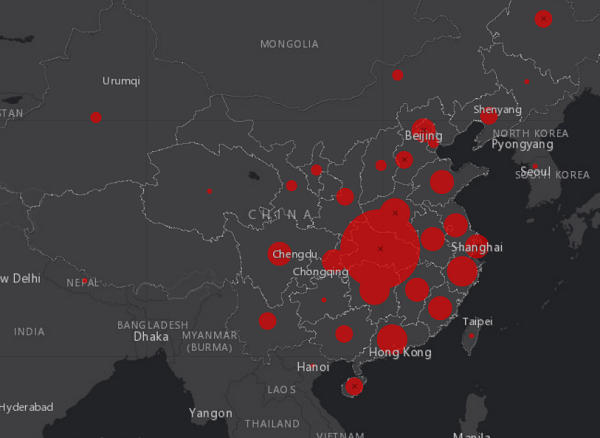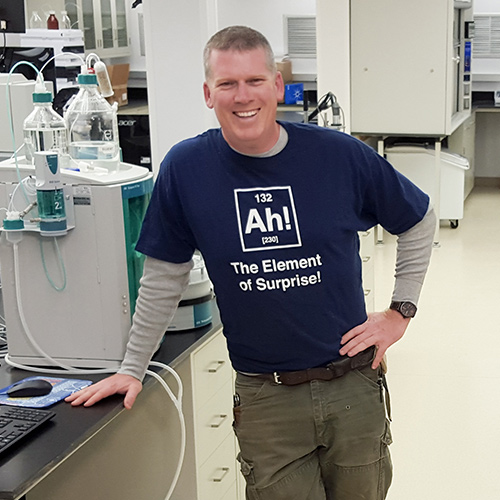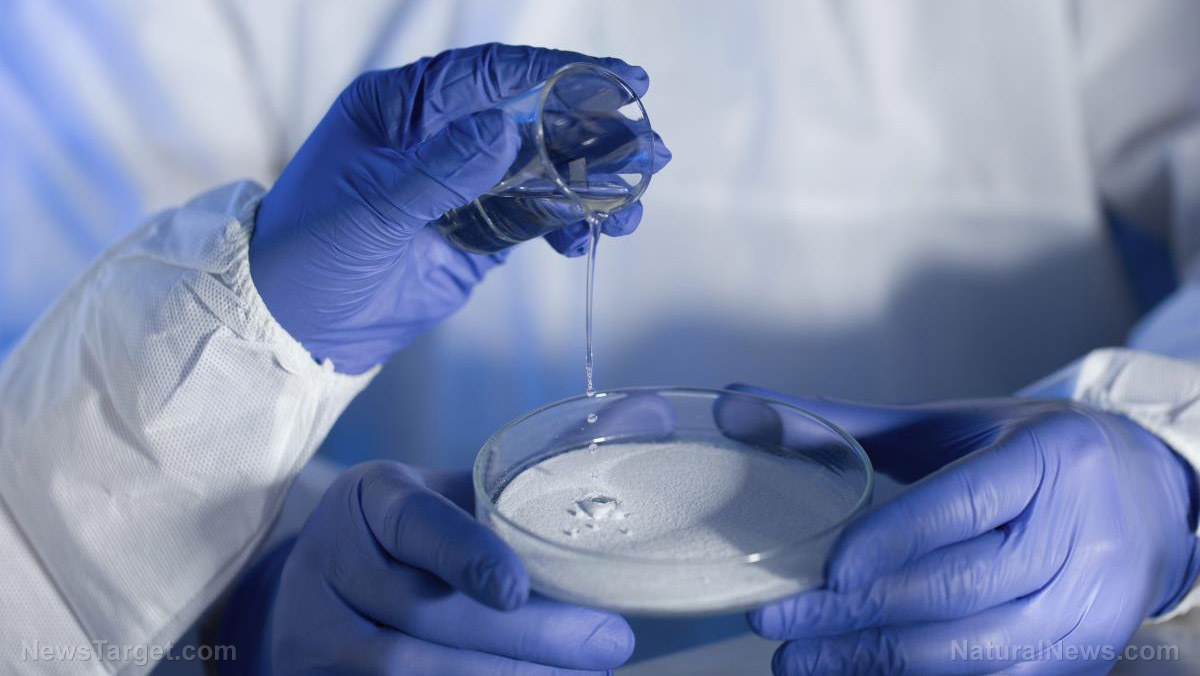
Yahoo News Taiwan is now reporting the details, revealing a long list of key component manufacturers that reside in the Wuhan area where the coronavirus outbreak appears to be uncontrolled and spreading quickly.
As Yahoo News reports, many Taiwan component manufacturers operate factories in China, and those factories are heavily concentrated in the Wuhan area where transportation has now ground to a halt due to extreme quarantine efforts.
From the Yahoo News story: (translated from Chinese)
Japan will undoubtedly delay production capacity of the entire supply chain and even face a "broken chain" crisis... traffic in and out of Wuhan is regulated, making the industry worried that "the production line is not manpowered enough to keep out of existing stocks", and the electronics industry is facing a "broken chain" Dilemma.
Here's an overview of just how important the Wuhan region is to electronics component manufacturing on a global scale. From the story:
Wuhan can be said to be a major city for the development of science and technology in the mainland. For example, BOE, Huaxing Optoelectronics, and Tianma, the two largest panel manufacturers in the mainland, have settled in the local area. Continental memory companies such as Wuhan Changjiang Storage, Wuhan Xinxin, and Zhaoyi Innovation are important local companies. Hubei Province is also the production base of Taiwan's PCB factories, including Taiwan Optoelectronics, Xinxing, Jianding, Nanzi Electric, and Dingying. All of them have factories in Hubei. Although the factory is not located in Wuhan, the entire Hubei province is currently in chaotic transportation, which affects the supply after the year. Chain, electronics companies are concerned about the subsequent supply situation.
Industry insiders pointed out that PCB is the "mother of electronics industry" and is an indispensable key component of all electronic products. It is responsible for fixing electronic parts and providing current connections to parts, which directly affects the reliability and performance of electronic products. If the PCB factory in Taiwan and the Hubei factory are obstructed, it will affect the nerves of the global electronics industry.
In other words, the supply chain crisis caused by the quarantine in Wuhan -- not the virus itself, but the quarantine effects -- will have global ramifications and large-scale economic consequences.
Global economic consequences just starting to be realized
"The epidemic that originated in the central Chinese city of Wuhan and spread across the country is expected to hit China’s economic growth, as the panic has weighed on tourism, consumption, and manufacturing," reports The Epoch Times. TET also reports:
The coronavirus outbreak comes as China’s economy is already growing at its slowest pace in nearly three decades. The U.S.–China trade war took a toll on the country’s exports in 2019. And China’s economic troubles may be more severe than official data indicates, according to experts.
The impact of the coronavirus pandemic is being compared to Chernobyl.
"If the panic continues until April or May, it will have an 'enormous effect' on the Chinese economy this year," China expert Gordon Chang told The Epoch Times. "If this isn’t brought under control quickly, you’ll have factories leaving China," he added.
Here's a map of the current spread of the pandemic in Asia, mostly affecting mainland China:

Nobody is yet factoring all this into the U.S. stock market, of course, since "pandemic denialism" is far easier to believe than economic reality.
That's why the cover-up is well under way, both in China and the United States. To find out why, listen to this important podcast:
Brighteon.com/ee8790ee-49bf-403d-bff0-f4442ec09b82

Mike Adams (aka the "Health Ranger") is the founding editor of NaturalNews.com, a best selling author (#1 best selling science book on Amazon.com called "Food Forensics"), an environmental scientist, a patent holder for a cesium radioactive isotope elimination invention, a multiple award winner for outstanding journalism, a science news publisher and influential commentator on topics ranging from science and medicine to culture and politics.
Mike Adams also serves as the lab science director of an internationally accredited (ISO 17025) analytical laboratory known as CWC Labs. There, he was awarded a Certificate of Excellence for achieving extremely high accuracy in the analysis of toxic elements in unknown water samples using ICP-MS instrumentation.
In his laboratory research, Adams has made numerous food safety breakthroughs such as revealing rice protein products imported from Asia to be contaminated with toxic heavy metals like lead, cadmium and tungsten. Adams was the first food science researcher to document high levels of tungsten in superfoods. He also discovered over 11 ppm lead in imported mangosteen powder, and led an industry-wide voluntary agreement to limit heavy metals in rice protein products.
Adams has also helped defend the rights of home gardeners and protect the medical freedom rights of parents. Adams is widely recognized to have made a remarkable global impact on issues like GMOs, vaccines, nutrition therapies, human consciousness.
Please contact us for more information.























